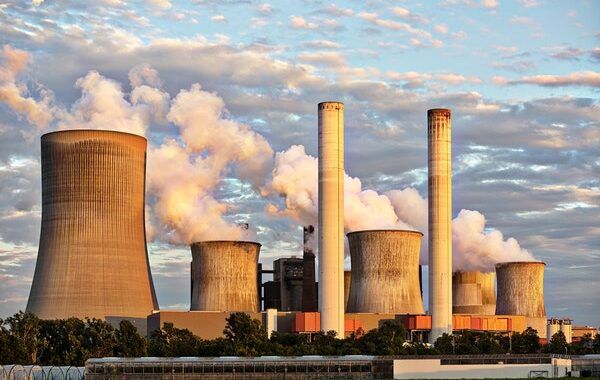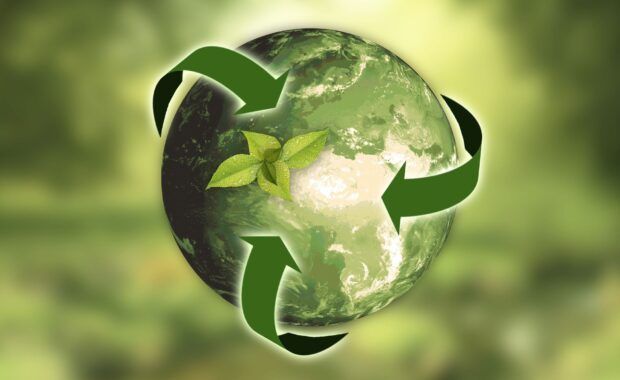The European Commission has launched a four-week public call for data to help shape the first EU Strategy for Coastal Communities, a key commitment under the European Ocean Pact. This Strategy aims to support and boost sustainable economic growth and address the challenges faced by the millions of people who live and work along Europe’s […]
Read MoreEU sets world’s first voluntary standard for permanent carbon removals
Last February 3, the Commission adopted the first set of methodologies under the carbon removals and carbon farming (CRCF) Regulation to certify activities that permanently remove CO2 from the atmosphere. By adopting these first voluntary certification methodologies, the EU is setting clear rules and creating new opportunities for climate innovation, investments in carbon removal technologies and addressing greenwashing. This milestone positions […]
Read MoreEU reaffirms commitment to science-based multilateralism on chemicals, waste and pollution
The panel will provide authoritative and policy-relevant scientific assessments on chemicals, waste and pollution. Countries will meet in Geneva from 2 to 6 February for the first plenary session of the Intergovernmental Science-Policy Platform on Chemicals, Waste and Pollution (ISP-CWP), marking a key step in the launch of a new independent scientific body. The EU […]
Read MoreEurope’s health and competitiveness are being undermined by the slow implementation of anti-pollution laws.
A mid-term review of the EU’s Zero Pollution Action Plan concluded that faster implementation is needed. Areview of the EU’s Zero Pollution Action Planconcludes that Member States must act swiftly and decisively if the EU is to achieve its pollution reduction targets for 2030. The report highlights the close link between environmental protection and public […]
Read MoreNew measures to boost circular economy and strengthen Europe’s plastic recycling
The European Commission has unveiled a first set of pilot actions to accelerate Europe’s transition to a circular economy, with a particular focus on the plastics sector. By optimising the recycling of plastics, these measures will further unlock the potential of the Single Market and enhance the EU’s economic security, strategic autonomy, competitiveness and environmental sustainability. This […]
Read MoreCommission strengthens the Border Carbon Adjustment Mechanism
The Commission proposed measures to close loopholes to prevent circumvention and strengthen the effectiveness of the EU’s Carbon Financial Mechanism (CBM), in response to comments received from industry. From 1 January 2028, the scope of the CBFF will be extended to include certain steel- and aluminium-intensive downstream products. The Commission also proposes measures to close […]
Read MoreCommission approves Spanish state aid scheme to support decarbonisation
The European Commission has approved a Spanish scheme worth €408 million to support the decarbonisation of the manufacturing industry, in line with the objectives of the Clean Industry Pact. This measure, which will contribute to the transition towards a zero net emission economy, is financed under the Recovery and Resilience Mechanism. The scheme has been […]
Read MoreEU becomes major Green Bond issuer
The EU has become one of the largest issuers of green bonds in the world, according to the 2025 edition of the NextGenerationEU (NGEU) Green Bonds Annual Allocation and Impact Report, published last December 9. It shows that, a total of €78.5 billion worth of NextGenerationEU Green Bonds have been issued to date, which will […]
Read MoreEU secures an agreement on a global response to keep the 1.5C limit within reach
The European Union stood united for strong climate action and the Paris Agreement goals at the COP30 UN Climate Change Conference in the heart of the Amazonas. While aiming for more ambition, EU negotiators worked with partners to secure an agreement that recognises the need to keep the 1.5C limit of global average temperatures within reach, and to transition away from fossil fuels. […]
Read More








